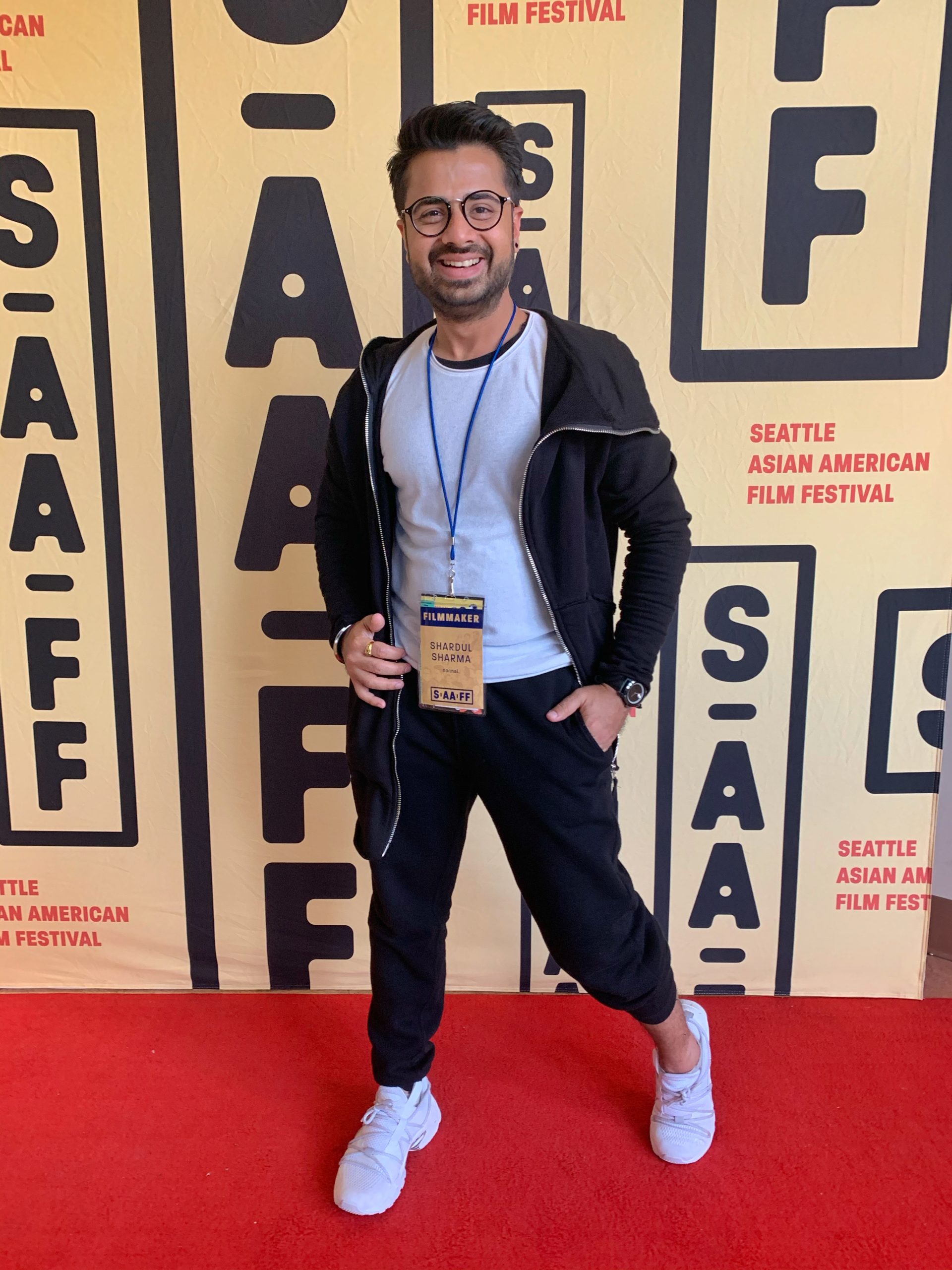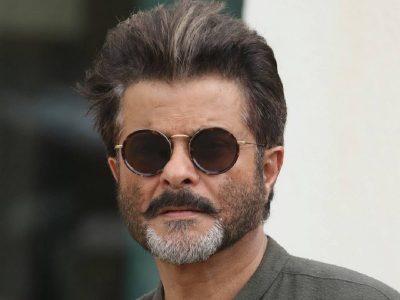Film producer Shardul Sharma talks about his journey from Shiamak Davar’s dance studio to one of Hollywood’s biggest studios
First things first. How did you venture into film production? Tell us about your journey.
In India, I started my career with Shiamak Davar (ace Bollywood choreographer/ dance director/ producer) at the age of 16. I performed as a part of his core dance company in several national and international shows — including most of the film award ceremonies. I have represented India in Commonwealth Games 2006 closing ceremony, trained several A-list actors as their personal trainer and have also taken regular classes at his institute.
I had never planned to leave India and move to the US. In fact, I was very happy doing what I was doing back then. Then a few of my friends, who were working in the Indian film industry, encouraged me to take a leap of faith and start a new career in Hollywood. Shiamak has always been very supportive and in fact, he encouraged me when I shared my thoughts about switching careers and moving to Los Angeles.
I started my career as a producer with an internship at Ashok Amritraj’s production company Hyde Park Entertainment in 2012. That was my first job right after graduating from film school. Gradually I started producing films on my own as an independent film producer. Initially it was tough, but I never gave up and continued doing whatever I could with the resources I could find or had.
I thought if I have to make my mark in the industry, then I’ll have to change my approach to something different, new and better than what was already happening. I am glad I made that decision because now after eight years I have this opportunity to work at Paramount Pictures. It was never an easy journey, but I am very thankful for what I have achieved till now in my career.
How did you get the job?
For eight years I was working independently as a film producer, and that helped me create a strong profile and then through word of mouth I was recommended to a staffing agency for a position at Paramount Pictures. It was not easy to find a place in the production team, but after seeing my work and recommendations from my colleagues I was able to secure a permanent position in the production department at their studio.
Tell us about your experience of working with one of Hollywood’s biggest studios.
Working at Paramount Pictures has been a dream come true. I had only dreamt of working with such big productions — and in a studio environment like Paramount’s. Since I joined, I have worked on two films ‘Clifford: The Big Red Dog’ directed by Walt Becker and ‘Infinite’ directed by Antoine Fuqua as a coordinator in physical production for the studio. Both these films are scheduled to release later this year. It’s been almost a year working with Paramount and I’m thoroughly enjoying my time working on such big projects.
What do you see as the major differences between Hollywood and Bollywood? Also, how does the role of a producer vary in these two industries?
I don’t think there is that big a difference. The major misconception a lot of people in Bollywood have, is that a producer is the person who invests money in the film or a project. That’s not true. A producer can invest if he/she wants to, but that’s not what makes the individual a producer.
A producer has to fulfil many jobs at various levels in the process of filmmaking and usually it’s not just one producer, but an entire production team. There are categories and defined job descriptions for every position in the production team.
I am not sure if that concept is being followed in Bollywood, the way it’s being followed here in Hollywood. The structured and organised pattern of workflow is the major difference, I believe.
Hollywood has the technology, huge budget, extremely skilled talent from all over the world and a huge world audience. Whereas Bollywood has most of everything that Hollywood has, but falls short with a limited audience and that’s because of the language.
Here in Hollywood we have a set pattern and a much more organised way of making films, along with various labour and talent unions and government support — such as each state supporting filmmaking with tax incentives and rebates.
India is now doing the same by having unions; different state governments have started giving tax incentives and rebates to filmmakers. So I think it’s safe to say, right now Bollywood is the closest competitor to Hollywood and hopefully soon it will start creating equally good or better content.
Tell us a little about your upcoming projects.
Akong with projects with Paramount Pictures, I am also developing and producing projects independently on my own. A film that I produced independently is Normal, releasing later this year. So, three movies releasing almost at the same time (including Clifford… and Infinite) is a lot for me. I am also developing two feature films here in the US and one film in India. I am majorly focusing on feature films at the moment, though the thought of a good web series or a TV series for one of these digital platforms does excite me. Hopefully soon!
Lastly, the ongoing pandemic has affected global cinema drastically. How is Paramount Pictures coping with the crisis? Also, how is the film industry as a whole coming to terms with it? And what’s the way ahead?
Paramount is following the rules and regulations that the government has enforced, and has been very supportive in terms of working from home and giving priority first to our health and to our families.
Today, it is our social responsibility to abide by the rules and stay safe to bring life back to normal. I think the entertainment industry has stopped production worldwide and is complying with the local government bodies. In such times, fortunately, digital platforms like Netflix, Amazon, Hotstar and many others — that are able to reach the audience – are there to keep us occupied, entertained and informed. They are definitely the saviours for our industry right now.





